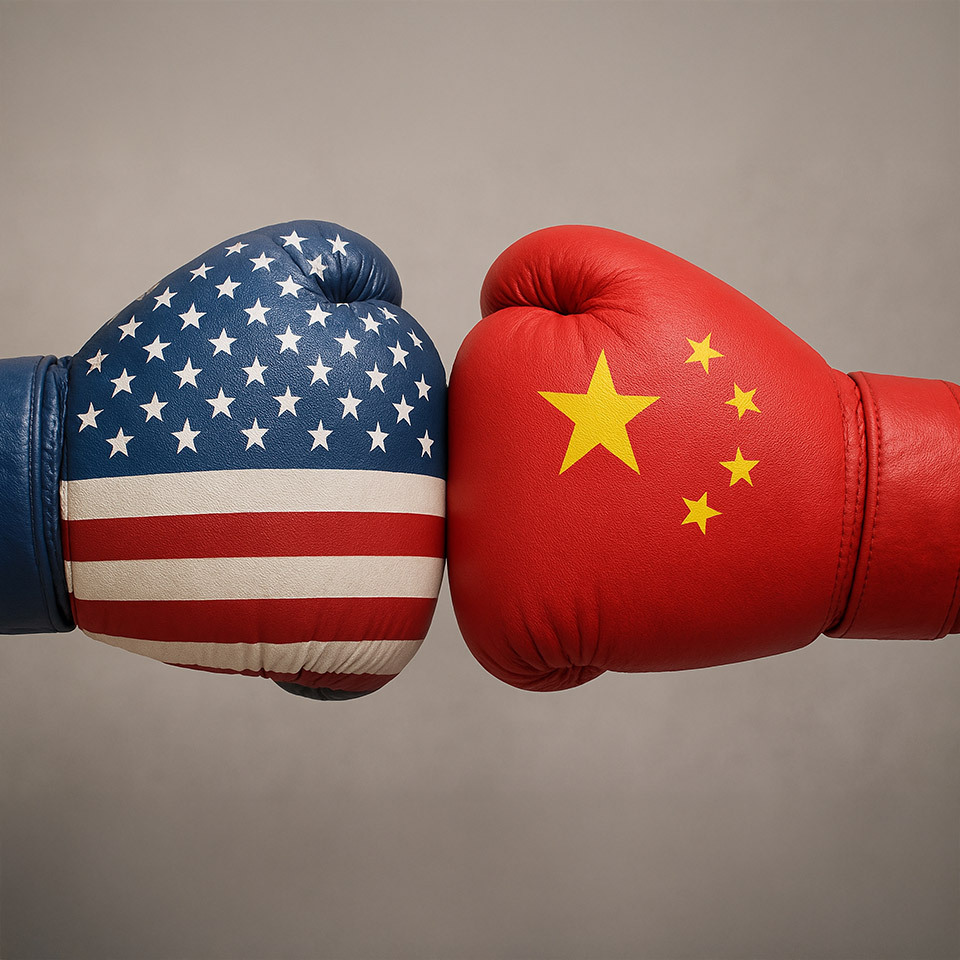During Donald Trump’s second term in the White House, the geopolitical rivalry between the United States and China—often dubbed "Cold War 2"—has entered a more confrontational and ideologically charged phase. From Washington’s perspective, this is not merely a competition between two great powers but a decisive battle over the future of global governance, economic systems and technological supremacy.
Trump’s renewed leadership has emboldened a more hawkish stance toward China, reinvigorating his administration’s narrative of Beijing as an existential threat to American values and interests. Underpinning this view is a belief that China’s state-led model, typified by surveillance capitalism, export subsidies and military–civil fusion, poses a fundamental challenge to the U.S. maintaining its agriculture and manufacturing industries at home as well as its global domination in critical emerging technology industries such as semiconductors, artificial intelligence (AI) and quantum computing.
What distinguishes Trump’s second term is the surprising coalition he has forged with segments of Silicon Valley. Once at odds with Trump over immigration and regulation, major players in the tech sector—especially those focused on defense and infrastructure-adjacent innovation—have begun aligning with Washington’s anti-China agenda. Companies such as Palantir, Anduril, and SpaceX are now seen as national champions in the new cold war, working closely with the Department of Defence, the CIA’s venture arm In-Q-Tel, and DARPA on next-generation defence technologies.
The war between Russia and Ukraine has often been described as a "proxy war," with Ukraine serving as the battlefield for broader geopolitical competition between China and the West. While Russia frames its intervention as a response to NATO encroachment and the protection of Russian-speaking populations, the West largely views the conflict as an unprovoked act of aggression aimed at restoring Moscow’s lost influence on behalf of Beijing.
Polls show that only 15% of Americans view China favourably, and bipartisan consensus in Congress has enabled sweeping legislation aimed at countering Chinese influence. Tech firms are following suit, increasingly decoupling from China in supply chains, cloud services and even venture capital flows.
As Cold War 2 accelerates, Washington’s strategic posture is clear: contain China’s technological ascent, fortify American innovation and win the battle for the digital century.

